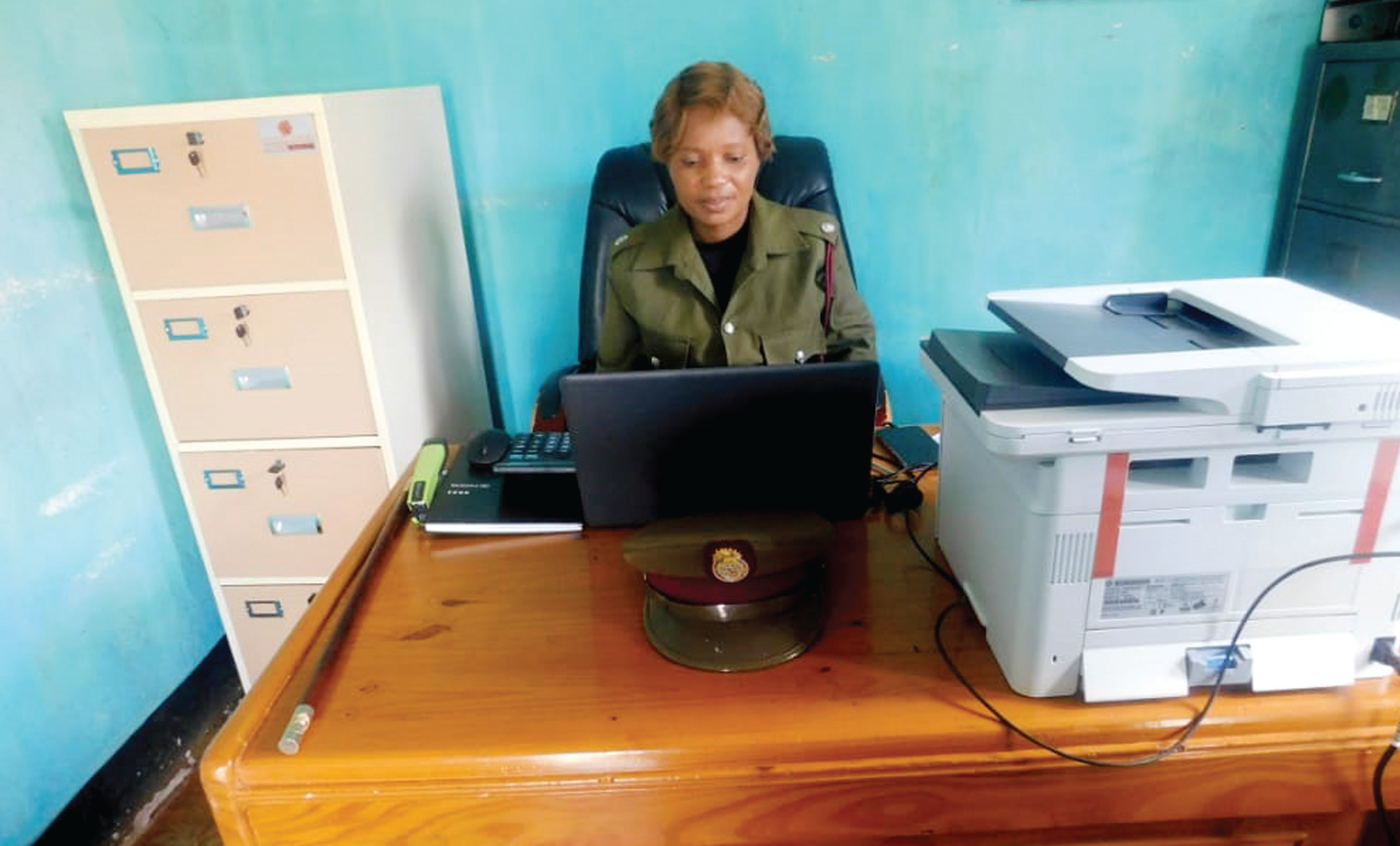Topping support for sex workers rights
Faith, 37, started sex work at the age of 12. She had no choice, but to walk right into it following the death of her parents.
Being the first born, with two siblings, Faith assumed he parents’ role of taking care of them.

“My younger brothers were aged three and five when our parents died. I have supported them through primary school, secondary school, all the way through college. One of them graduated recently from African Bible College (ABC) and the other one is studying at Zomba Theological College. My son will soon be going to university, too. And I have managed it all from the money I earn through commercial sex work,” she says.
For Faith, commercial sex work is a reliable source of income and she could never trade it for marriage or any other occupation.
Sex work is still not legally recognised as a profession in the country and many like her still face challenges such as abuse by the police, health workers, clients and are stigmatised in society.
The Rogue and Vagabond offence was declared unconstitutional in January 2017, yet, according to the national coordinator for Female Sex Workers Association (FSWA) Zinenani Majawa- commercial sex workers still get arrested from the streets.
“The police are now using the Idle and Disorderly offence to arrest us. Surprisingly, when they arrest us, they simply detain us and order us to pay K10 000, without even giving us receipts for such payments,” said Majawa on the sidelines of a meeting organised by Centre for Conflict Management and Women Development Affairs (Cecowda) in Blantyre.
She stressed the need for the public to acknowledge that sex work is work.
“In the same way teachers, nurses or the police, for instance, go to work in the morning; sex work is work for us as well. It is our source of income and it is what is making it possible for us to send our children to school the same way everybody else uses their earnings,” she said.

Cecowda executive director Caroline Mvalo said the meeting was one way of promoting the rights of sex workers.
“Commercial sex workers face a range of problems. We believe we can play a role in ensuring that their rights are not infringed. They are often insulted by the very people that are supposed to serve them, including, health service practitioners and the police. So, this meeting was held mainly to make it clear to them that they have rights and also to ensure they know where to go if their rights are violated,” she said.
The organisation’s project officer, Natasha Shela said they are planning to come up with a law to help commercial sex workers transact business in peace.





